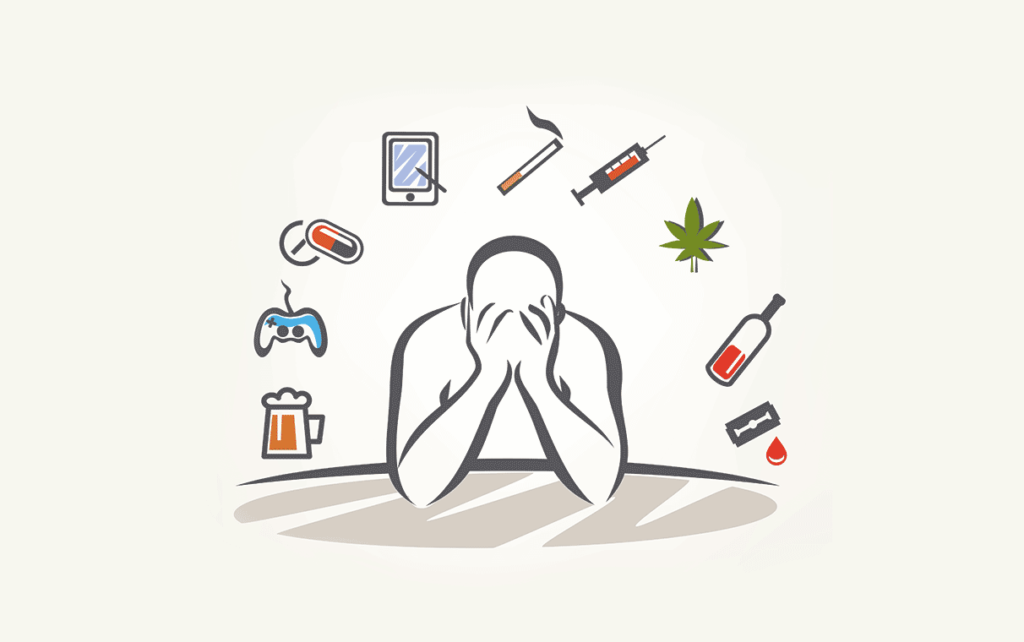The current lockdown is challenging us in so many ways psychologically and emotionally. The stress of not being able to do what you want, when you want, or to simply go out and stay out, see people, have fun, and do all the things you usually do, is taking its toll.
On top of that, many people are locked in with people they either don’t necessarily get on with that well or know that well. There are also couples at breaking point – or relationships which have actually broken down – having to continue living together in close proximity, with no escape.
Then there are people wrenched away from their partners, spouses, lovers, who are not able to make contact. The usual strains on a ‘long distance’ relationship are multiplied a hundredfold, when you are simply reliant on Zoom or a phone call.
People apart from family and friends are also suffering.
There are also those who are alone – and who hate being alone, for whatever reason. Older people or highly anxious people, who usually rely on distraction, group activity, noise, going out, having friends round. Suddenly, there is yawning emptiness and silence, and it can be scary.
As a psychotherapist, I have noticed an increase in addictive behaviours among some of my clients (whom of course, I am seeing online or on the phone). A tendency to overwork has become seven days a week nonstop working. Or a leaning towards drinking alcohol or taking drugs has come back with a vengeance after months of work getting clean.
People struggling with issues around food are suddenly challenged, too. Food has come into focus big-time. There’s either too much, or too little, the wrong kind and it is hard to hide when you are eating at home. Eating alone can also be problematic, prompting bingeing or dieting thoughts and behaviours.
And then there is binge-watching, using the TV to blank emotions, sleeping in till the afternoon, doing anything to blank out the day and our feelings about it all.
This is totally understandable, and human. We need to remember that any addictive pulls are rooted often in fear, low self-esteem and isolation. We are used to managing ourselves to handle difficult feelings which are now in our faces, raw and hard to escape from.
Plus, the boredom of lockdown for some is a real trigger. Hearing the thoughts in your head resounding loud all day and night can be very hard to cope with.
The main thing to do is recognise first, you are not alone. Many people are being challenged as feelings are high. Secondly, this is not forever: it will end. There will be an easing, in time. Thirdly, it is possible to hold off from acting on your addictions – the way out of it all is fairly simple.
You need to reach out to people and tell them how you feel. It may be a friend or a colleague, a neighbour an old pal. It could be a cat or dog, or a photo you speak to. Get it off your chest. You can also phone the Samaritans 24/7 (116 123) or email them at jo@samaritans.org.
You need to accept and release your feelings. Hold a cushion or even a cuddly toy and have a good cry. Punch or pummel pillows or strangle a tea towel when you feel angry.
I’m lucky to have a garden and go out with secateurs snipping and snapping with ire. I also find digging or hauling something heavy is great (mind your back). Of course, there is any exercise you can do (like running, skipping, jumping), and yoga, or meditation, which can quell difficult feelings. But sometimes you just need to let them out, too.
You can do anger releasing work indoors just as well with cushion and pillows and a rolling pin. Also, learn to self-soothe – give yourself a hug, say nice things to yourself, think good, positive thoughts as often as you can.
Try not to use the lockdown as an excuse to take three steps back. You can help yourself to take a good step forward and look after yourself and your mental wellbeing as a consequence.
My book ‘Overcoming Addiction: Positive Steps for Breaking Free of Addiction and Building Self-Esteem’ is available on Amazon as both a paperback and ebook.


